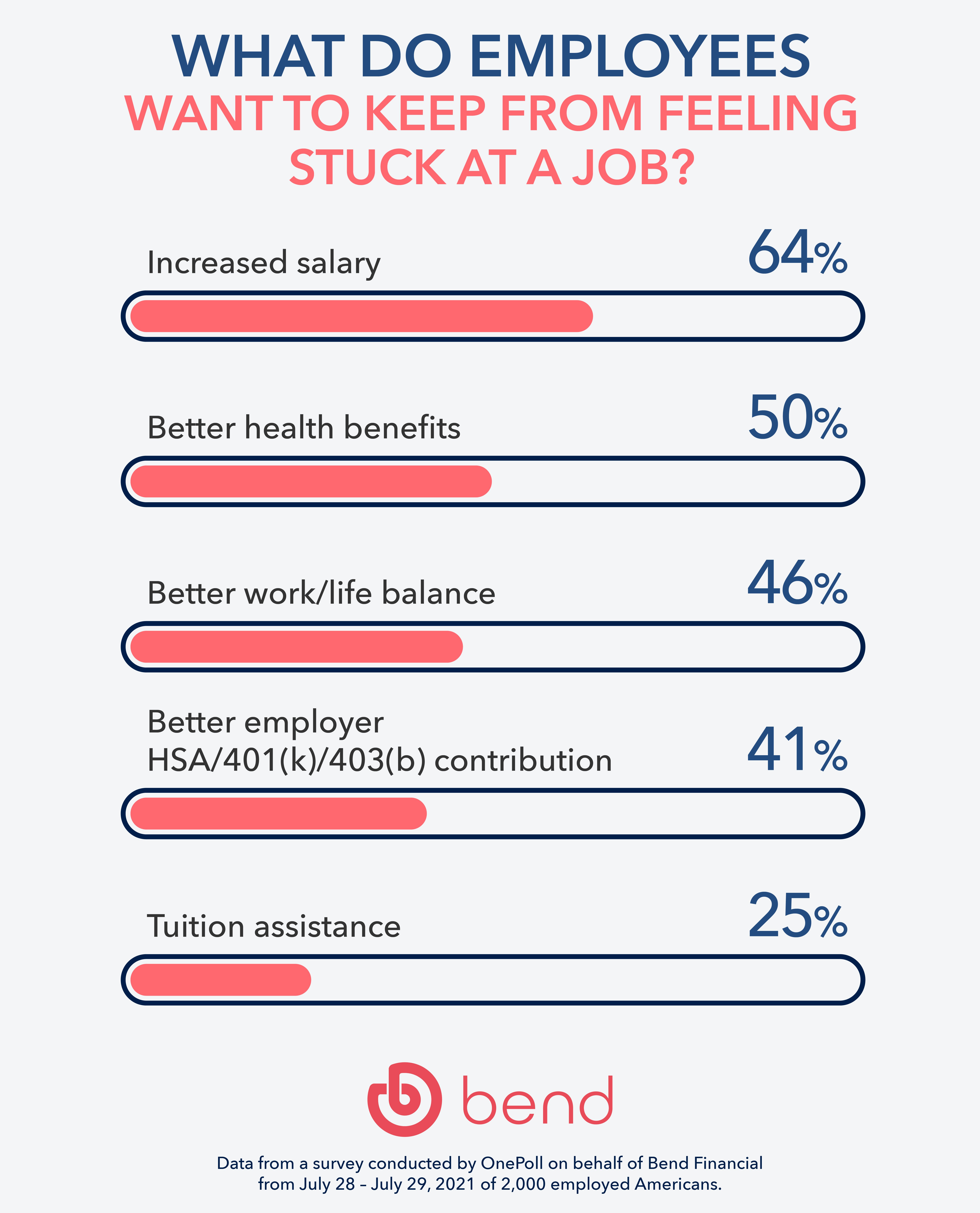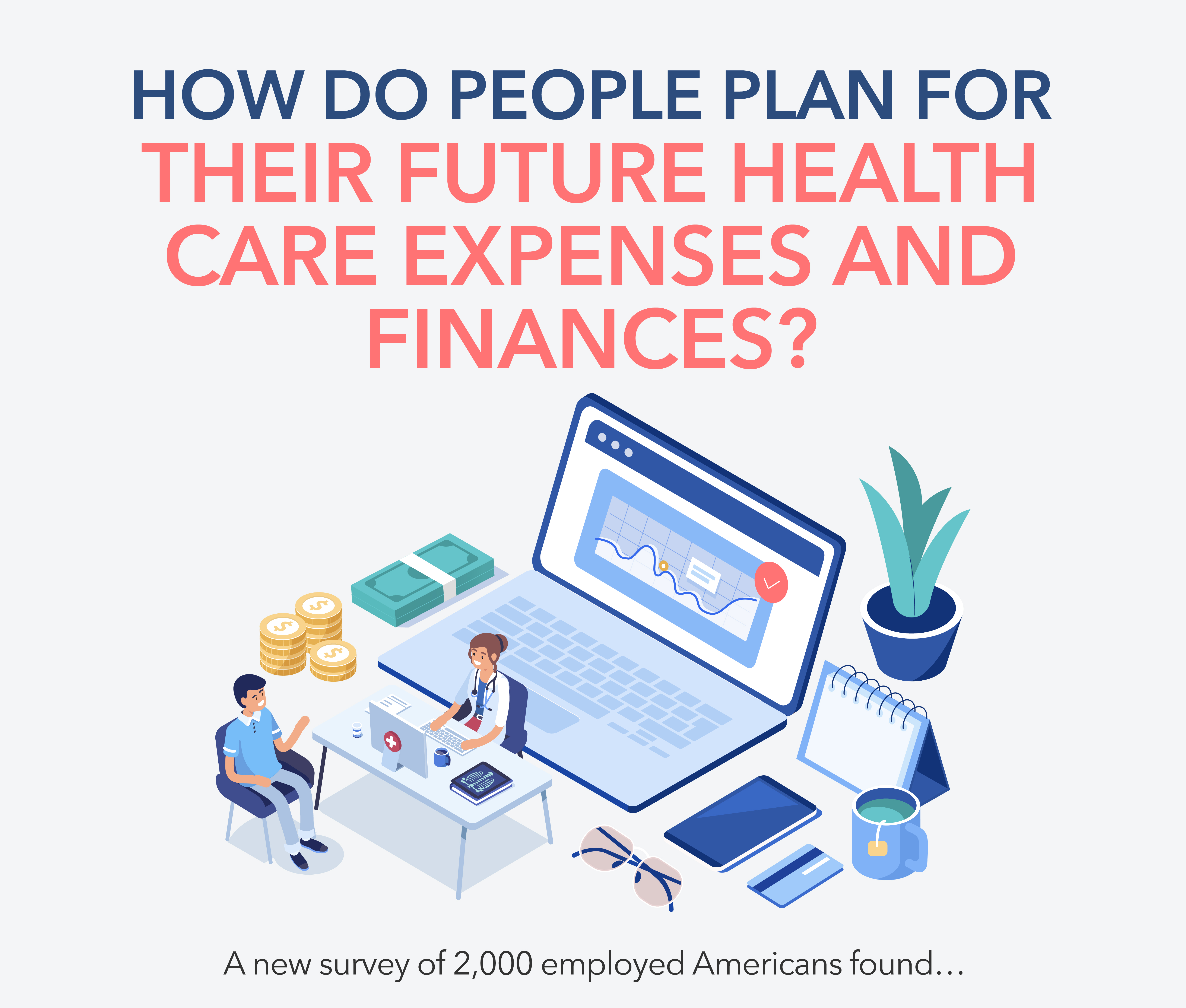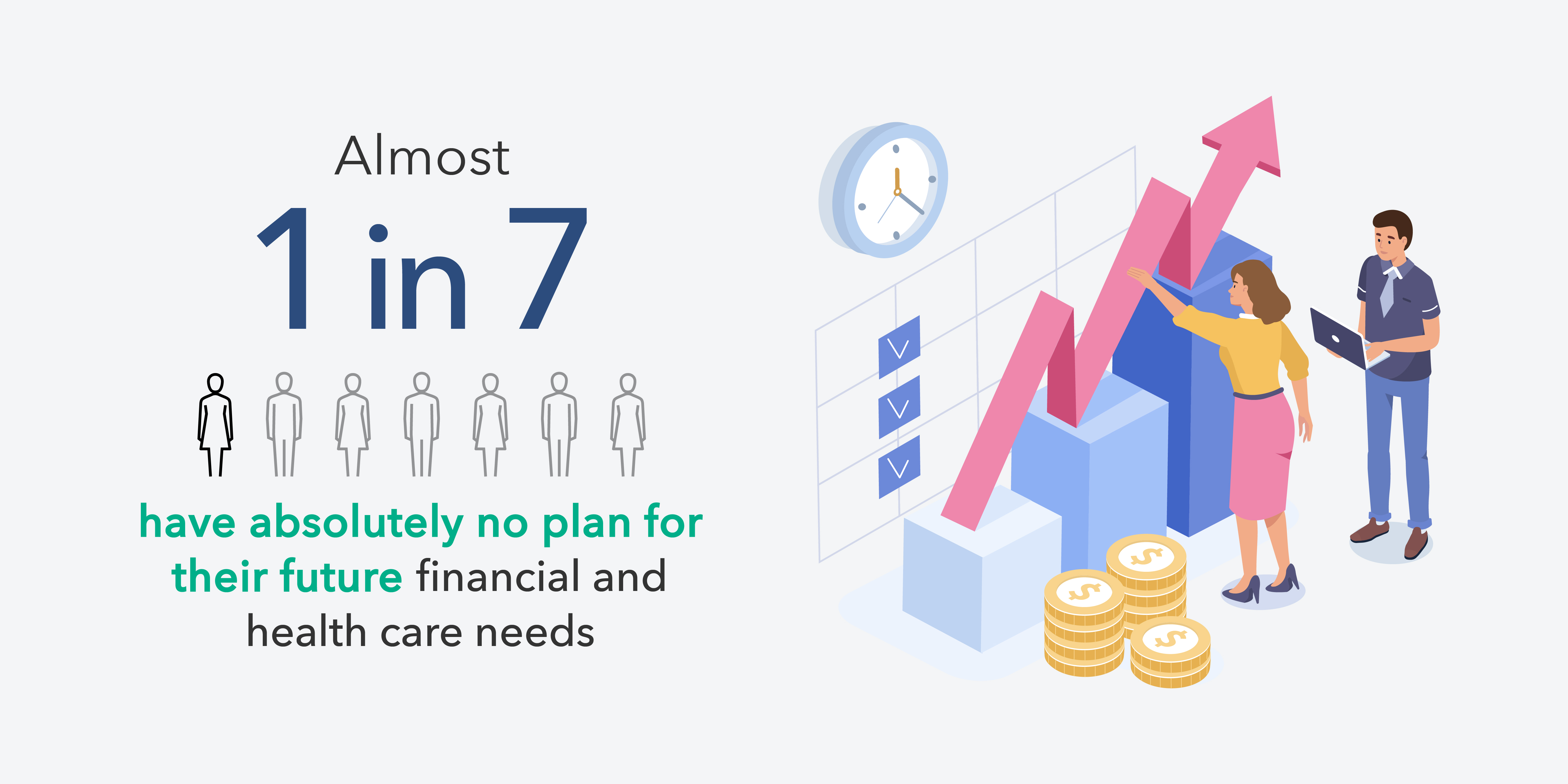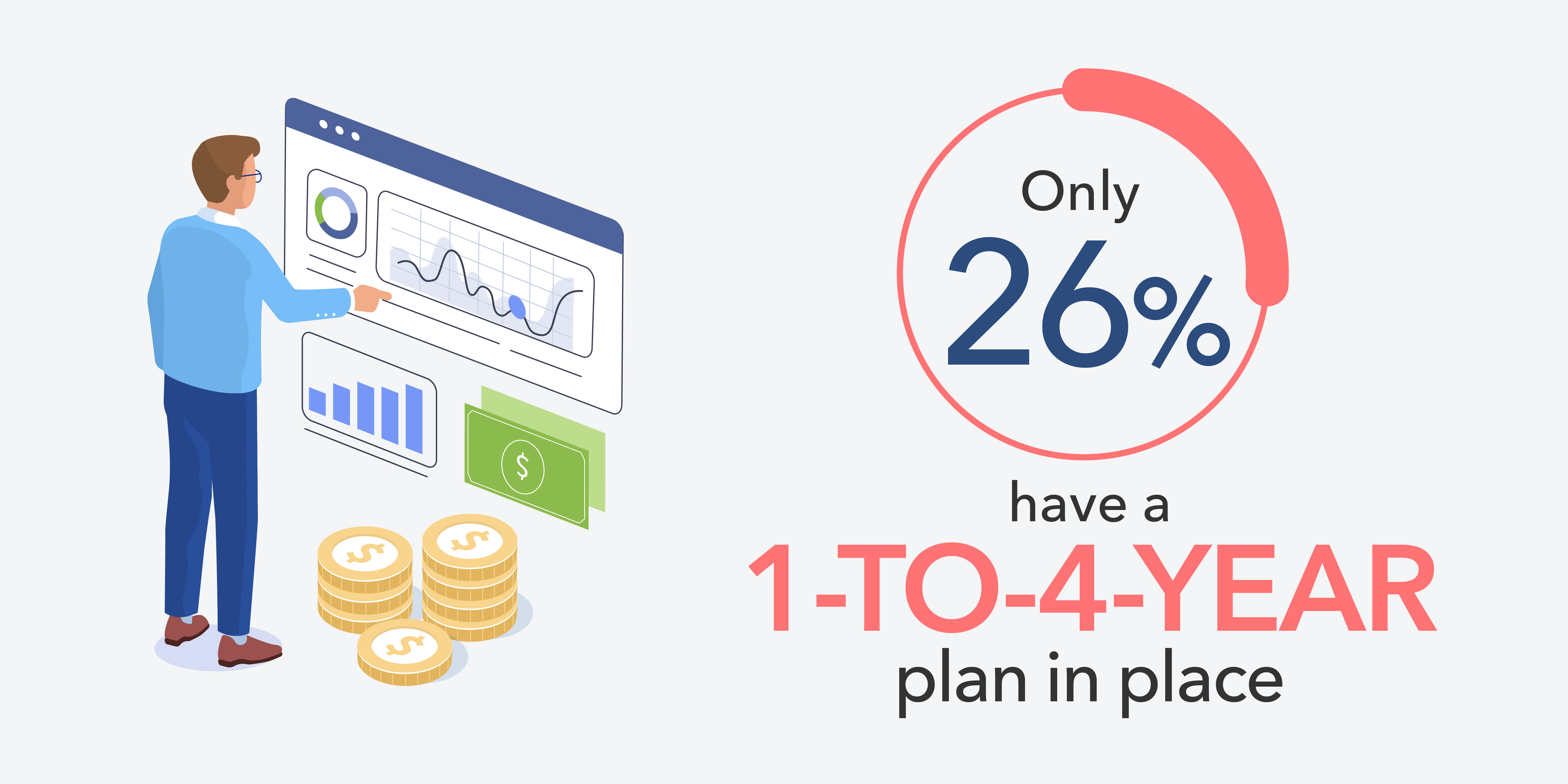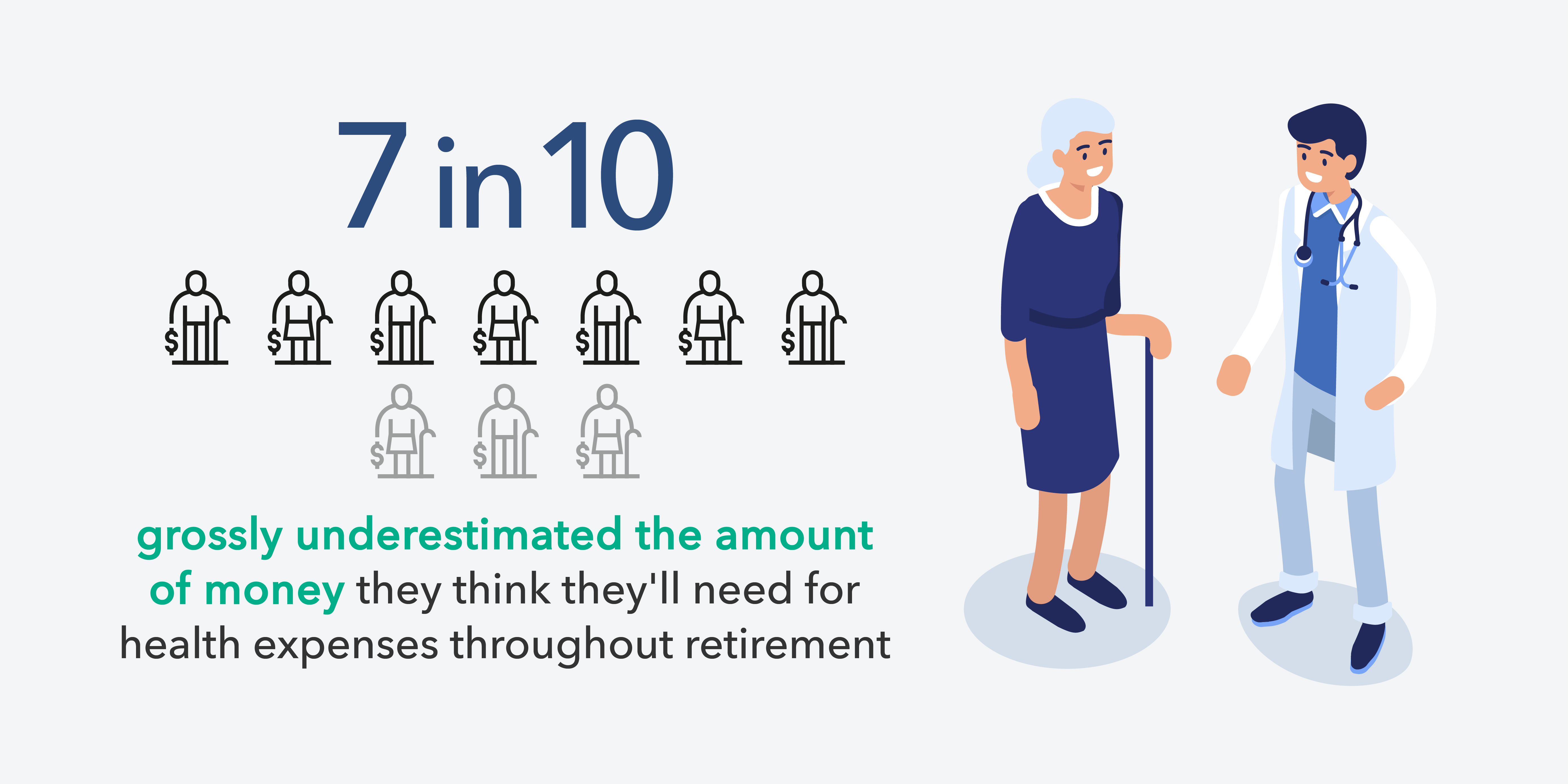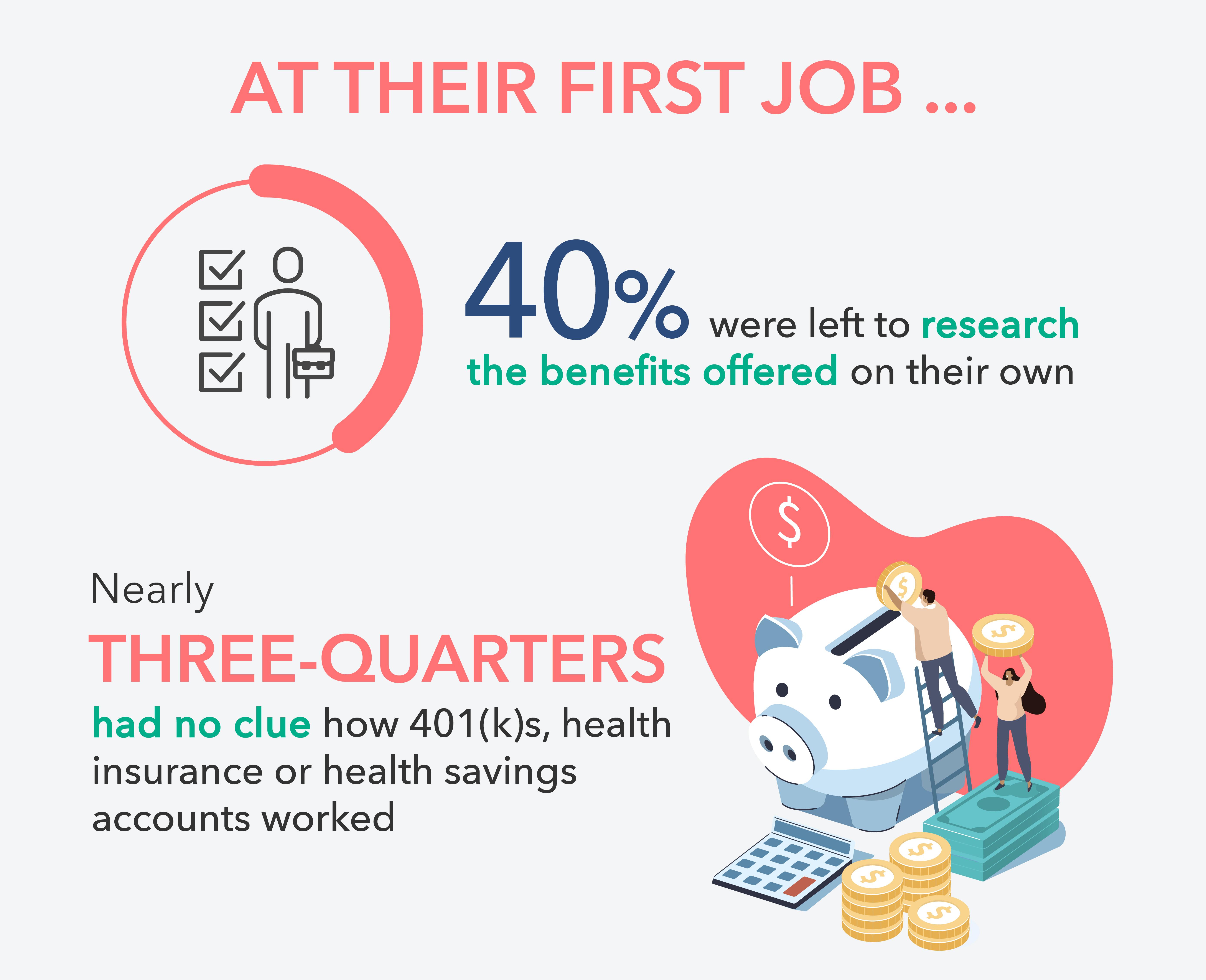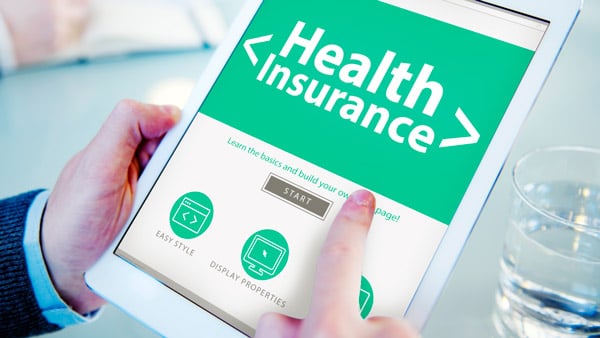© 2025 ALM Global, LLC, All Rights Reserved. Request academic re-use from www.copyright.com. All other uses, submit a request to [email protected]. For more information visit Asset & Logo Licensing.
Trending Stories
Events
- ConsultingConsulting Top Consultants 2025June 26, 2025 - New YorkConsulting Magazine identifies consultants that have the biggest impact on their clients, firms and the profession.More Information
- Real EstateGlobeSt. ELITE Women of Influence (WOI) 2025July 21, 2025 - DenverGlobeSt. Women of Influence Conference celebrates the women who drive the commercial real estate industry forward.More Information
- Real EstateGlobeSt. Multifamily Fall 2025October 15, 2025 - Los AngelesJoin the industry's top owners, investors, developers, brokers & financiers at THE MULTIFAMILY EVENT OF THE YEAR!More Information
Recommended Stories
2025 Advisor of the Year: Chris Hamilton
By Kristen Smithberg | May 07, 2025
“I realized my job isn’t helping employers; my job is really to help people who don't have a voice," Chris Hamilton said.
Americans worried about health care costs report skipping treatments
By Kristen Smithberg | May 06, 2025
Survey respondents indicated that health plan premiums are the biggest factor causing difficulty in affording health care.
Baby bonus or not, working moms frustrated with workplace policies, perceptions
By Alan Goforth | May 06, 2025
Seventy-seven percent feared telling their boss or coworkers about their pregnancy, citing worries about job security or negative reactions.
Resource Center

Report
Sponsored by New Benefits
Employer Trends Across the Benefits Landscape: An HR Pulse Survey
Rising costs & low engagement challenge employers. This HR Pulse Survey reveals key trends from HR leaders across various industries and looks at the opportunities for brokers to elevate service, address pain points, and demonstrate ROI, especially with non-insured benefits.

Guide
Sponsored by New Benefits
Identifying Benefits Blind Spots: 3 Steps to Building a Well-Rounded Benefits Playbook
Clients expect strategic advice, not just sales. This guide reveals 3 steps to audit benefits, fill gaps, and present holistic strategies that meet client goals and employee needs--positioning employee benefits brokers as trusted advisors.

Guide
Sponsored by ArmadaCare
Benefit Strategy Savers: A Broker's Guide to Solving 2025 Benefit Challenges
Discover how employer-paid supplemental health benefits can help close coverage gaps, reduce out-of-pocket costs, and boost retention!


